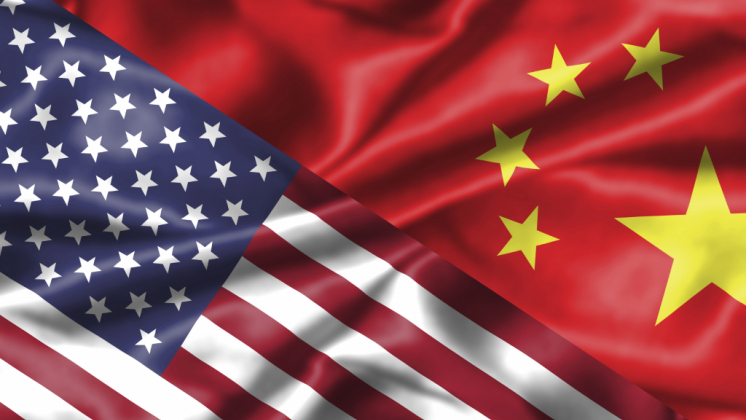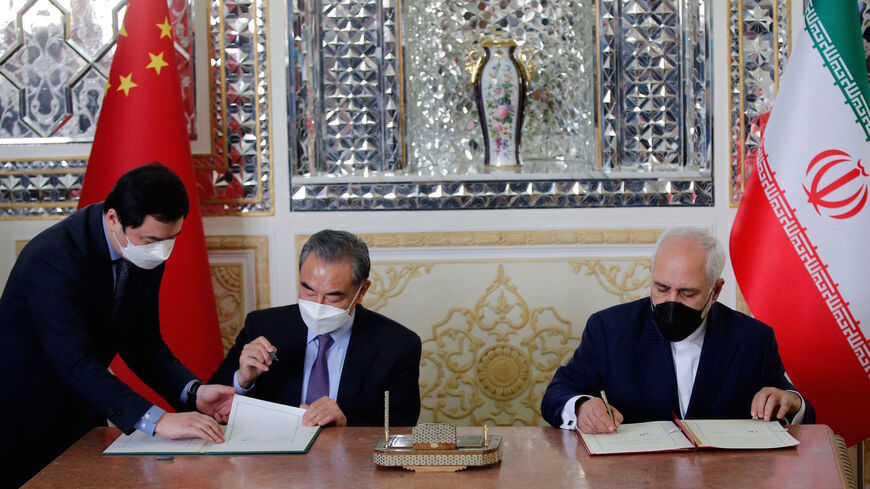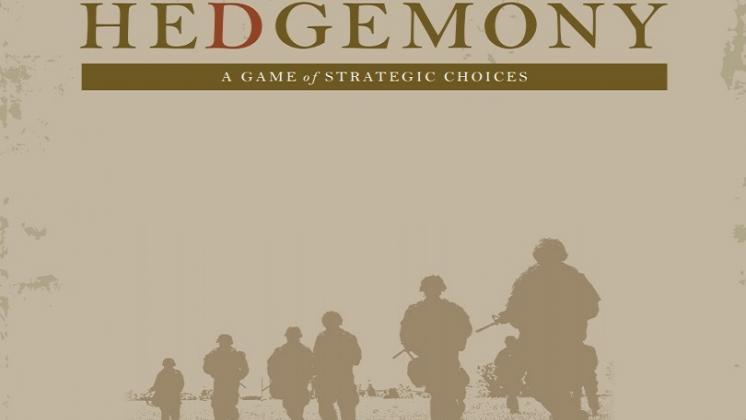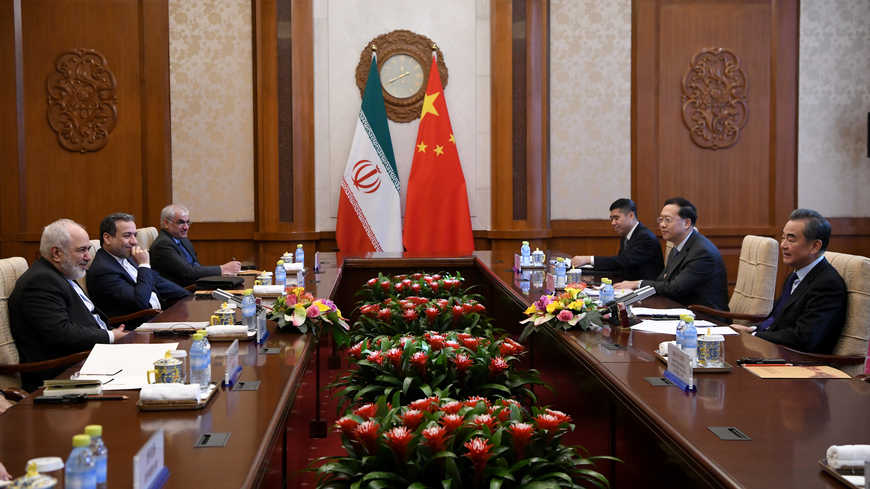US-China: Geoeconomics Tussle
BY: Abu Hurrairah PEJOURNAL - Geoeconomics defines itself in two ways: One is the use of the economy to gain geographical or territorial advantages. Second is the use of geographical location to achieve your economic objectives. To understand this core concept in the contemporary world, the best examples to deal with are China and the United States of America. They are keeping in mind that the primary goal of both is to gain power, but the procedures are different. Talking about China first, we can say that China stands with the first definition of Geoeconomics. It uses its location…







